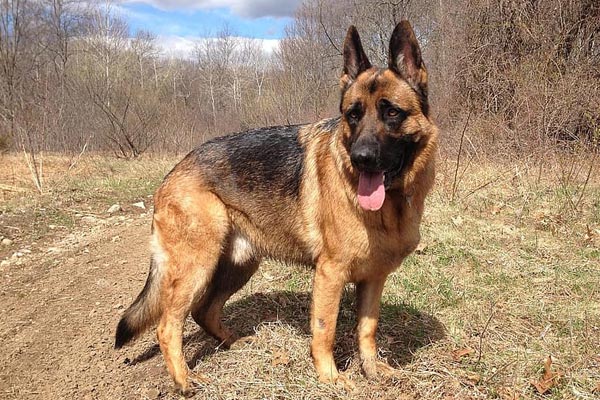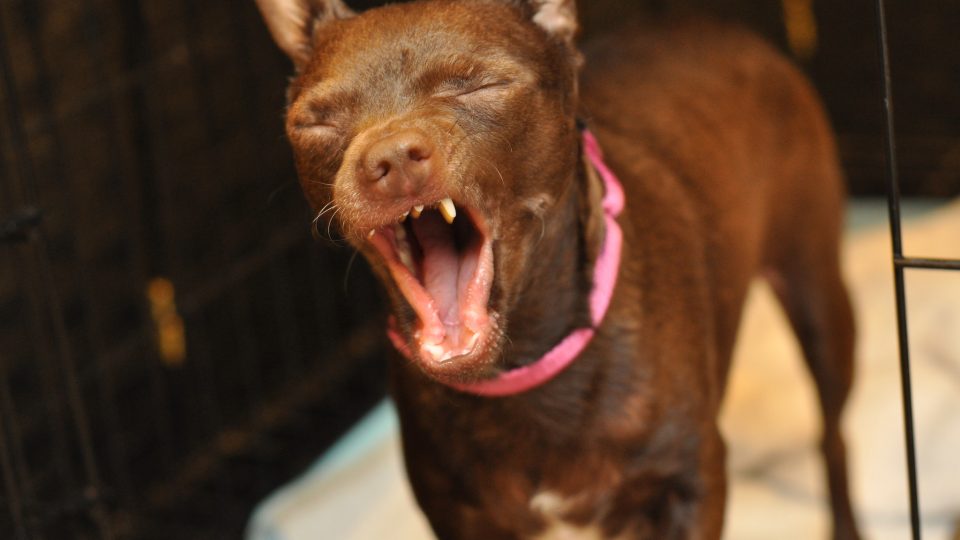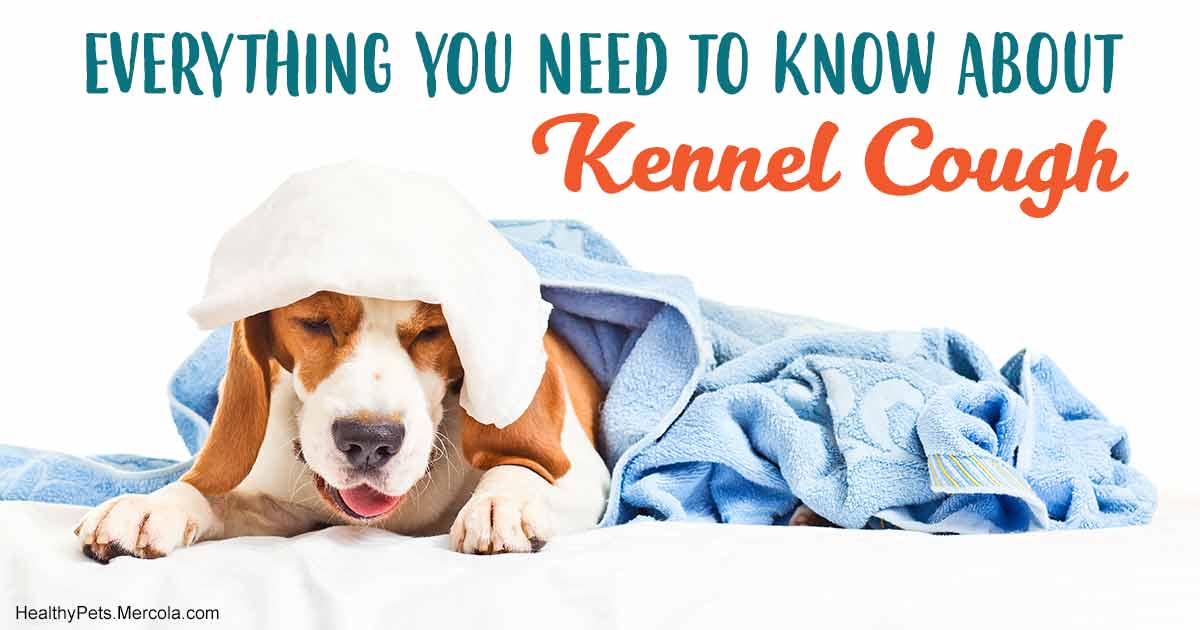Table of Content
Other conditions that can cause coughing include a collapsing trachea, bronchitis, asthma, and even heart disease. Kennel cough can cause mild symptoms in some dogs but can progress to a life-threatening pneumonia in other dogs. This is why it’s important to recognize the symptoms of kennel cough and seek treatment immediately. There is also a kennel cough vaccination that can prevent your dog from getting kennel cough. Although most cases of kennel cough will resolve without treatment, medications may speed recovery or minimize symptoms during the course of infection. These include antibiotics that target Bordetella bacteria and cough medicines.

A dog that is vomiting because of nausea will bring up yellow bile or food from the stomach. For some dogs, this is so severe that they retch up saliva or froth. An alternative means of determining if a dog has something stuck in its throat is to offer the dog a treat to eat. A dog with something stuck in his throat will not be able to eat the treat, so if he eats and swallows it without difficulty, it is unlikely it has a foreign object in its throat. You should also be concerned if they have a high fever or a loss of thirst or appetite. You should also keep them away from places other dogs visit, other than your vet’s office, of course.
When should I take my dog to the vet for coughing?
You can give your dog one-half tablespoon to 1 tablespoon of honey mixed with a little warm water in a bowl. While a dog cannot die from kennel cough, they can become very sick and suffer from more serious secondary infections without treatment. Early treatment can speed your dog's recovery and prevent a secondary infection from prolonging your pet's illness. Another common bacteria that leads to kennel cough is bordetella bronchiseptica.
Do keep in mind though that it is important to regularly check in with your veterinarian, because the vaccine requires a booster as well every six months to a year. Though the vaccine is a great option to prevent kennel cough, it is not always 100% effective. Signs of Kennel Cough in Dogs The primary symptom of kennel cough is a non-productive and persistent dry cough. It usually sounds like a goose honk or as if something is stuck in your dog’s throat. Runny nose, sneezing, lack of energy, decreased appetite, and mild fever are other symptoms. “The canine distemper virus and canine influenza virus both start off with symptoms nearly identical to kennel cough,” he said.
Preventing kennel cough
Owners may want to take a dog to see a veterinarian if the dog has a persistent cough after coming home from a boarding service or participating in activities with other canines. They can examine the dog and perform conjunctival and pharyngeal swabs, then test them for kennel cough. It might also include giving your dog antibiotics if their cough is caused by a bacterial infection. In case your dog is suffering from a chronic cough, you should consult your veterinarian about treatment options. There are several ways you can help reduce the risk of your dog getting sick with a cold or other respiratory conditions.

Never give other human cough and cold remedies to a dog without consulting your veterinarian first. Administering the wrong dosage or ingesting certain active ingredients in drugs may cause serious health problems. A dog infected with kennel cough may suddenly develop a cough, which can vary in severity from a quiet, persistent "huff" to a harsh hacking, choking cough.
Can a human give a dog kennel cough?
Kennel cough is the common name given to infectious bronchitis in dogs. Just as in chest infections in humans, a number of different bacteria and viruses can cause the illness – normally a combination of both. It affects their respiratory system, causing them to cough.

Sepsis occurs when an infection overwhelms the immune system and gets into the blood stream. Distemper is often fatal, and dogs that survive can have permanent damage to the nervous system. They were exposed through the surface, without being exposed to the person carrying the virus. When the airway is partially blocked the animal may start retching, pacing back and forth and pawing at their mouth. If their airway becomes totally blocked they may be unable to make any sound at all.
In this article we will look at what causes a dog to cough when excited and how to prevent it from happening again. Honey, especially manuka, has some amazing healing properties, and it does wonders for the immune system of both dogs, and humans. In more rare instances, a case of kennel cough can progress to pneumonia which is life-threatening. Try walking your dog using a harness instead of a collar. Because collars put mild pressure on the trachea, they may be uncomfortable for your pooch to wear while ill.

The measures above are also good practices to follow for preventing future bouts of kennel cough from developing. Unfortunately, handicapped dogs are much more likely to be ignored when a family is picking out their new pet. Handicapped pets need more care than non-handicapped pets, so it is understandable why they are often harder to rehome.
Vaccinating your pets — there’s a Bordetella vaccine available for cats, too — will help dramatically lower the risk of your fur baby contracting this nasty infection. The vaccine isn’t 100% effective, but it helps reduce the severity of symptoms if your pet becomes infected. A diagnosis of kennel cough can be scary, but it doesn’t have to be.

If your dog is affected with the parainfluenza virus, he'll most likely be sick no more than six days. The length of time the dog is ill has much to do with the type of viral agent that gives the dog kennel cough. Then I tried soaking it in bread and finally I added some peanut butter to the bread.
Severe cases of kennel cough may require antibiotics, IV fluids, and oxygen therapy. It is best to get any dog with a cough checked out by a veterinarian as soon as possible. The vet will be able to verify that the cough is because of infection, rather than another cause such as heart disease.
Try to limit traffic through the area where the sick dog is staying, and avoid sharing bowls, toys, or other supplies between dogs. After petting or playing with your sick dog, wash your hands thoroughly and consider changing your clothes before interacting with a high-risk pet. In a multi-dog household, it’s best to separate the sick dog from the healthy ones if possible. This is especially important if any of the other dogs are very young, very old, or have other health concerns.
Vaccines are also available for several respiratory viruses, such as canine distemper and canine influenza. Your veterinarian can help you determine which vaccinations your dog needs based on his age, health, lifestyle, and the disease prevalence in your local area. Your veterinarian may also recommend vaccinating your healthy dogs to reduce the risk of spreading kennel cough. However, some dogs can become very sick from kennel cough and may develop pneumonia. Severe symptoms occur more often in young puppies, unvaccinated dogs, and those that are stressed or immunocompromised. Most dogs infected with kennel cough have mild symptoms, especially if they have been vaccinated for the disease.

No comments:
Post a Comment